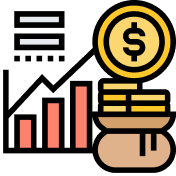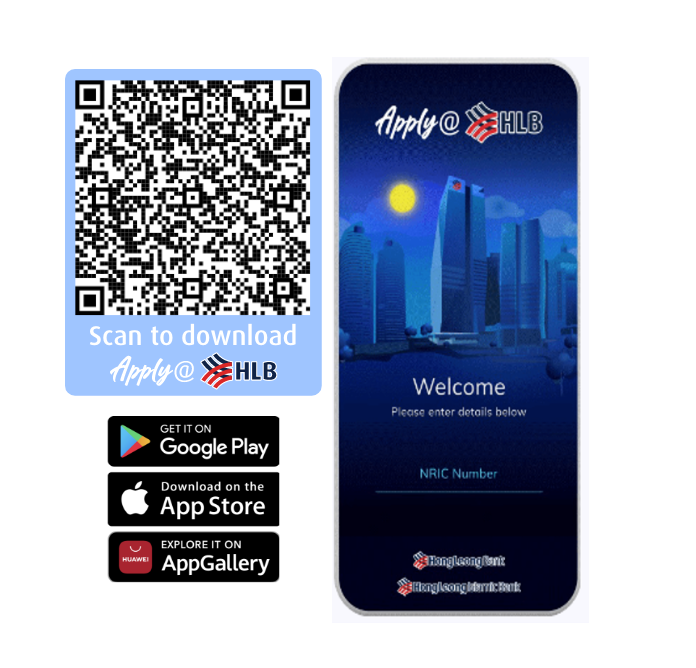Among the various types of investment options available today, Unit Trusts and Exchange-Traded Funds (ETFs) have gained significant popularity in Malaysia due to their diverse benefits and potential returns, but how do you know which one is “better” for you?
Our take? Both offer distinct advantages and cater to different investor preferences. Read on to understand the differences so you can make an informed investment decision.
.png)
What are Unit Trusts and ETFs?

What are Unit Trusts?
We've previously written an in-depth article about Unit Trusts, but in short, it is a collective investment scheme managed by a professional fund manager.

What are ETFs?
An Exchange-Traded Fund (ETF) is also a type of investment fund that pools money from multiple investors to invest in a diversified portfolio of assets. ETFs are traded on stock exchanges, just like individual stocks, and their prices fluctuate throughout the trading day.
Unlike Unit Trusts, which have a Net Asset Value (NAV) calculated at the end of each trading day, ETFs provide real-time pricing as they can be bought and sold throughout market hours.
.png)
What are the differences between Unit Trusts and ETFs?
There is a wide range of Unit Trust options catering to different risk appetites and investment objectives.
The main types of Unit Trusts available in Malaysia include:
| Unit Trust | ETFs |
|---|---|
| Fund Management and Investment Structure | |
Typically actively handled by a professional fund manager |
Come in both passive and active management styles |
| Liquidity and Trading | |
|
|
| Risk Profile and Performance | |
Varies depending on the fund's investment strategy and the assets it holds |
Performance is closely tied to the underlying index or assets they track, providing a more predictable investment outcome |
| Flexibility and Accessibility | |
|
|
.png)
What are their pros and cons?
| Unit Trust | ETFs |
|---|---|
| Pros | |
|
|
| Cons | |
|
|
.png)
How do I know what's right for me?
When deciding between Unit Trusts and ETFs, you should consider the following factors:
- Investment goals and time horizon
- Risk tolerance
- Liquidity needs
- Portfolio diversification
- Total costs (including management fees and transaction costs)

Unit Trusts are well-suited for novice investors who prefer a hands-off approach, seeking professional management and guidance. If you are just starting your investment journey, the lower initial capital makes Unit Trust a good place to start. On the other hand, ETFs are particularly favoured by those who value real-time trading and intraday liquidity.
.png)
What's the investment outlook for each option?

The investment outlook for both Unit Trusts and ETFs largely depends on market conditions and the underlying assets they hold.
Actively managed Unit Trusts may perform well in bullish markets if the fund manager makes astute investment decisions.
ETFs allow investors to choose between strategies that either closely follow market benchmarks or rely on the expertise of fund managers to potentially outperform those benchmarks in the face of both bullish and bearish market scenarios.
The information provided above is for reference and education purposes only. It does not constitute an offer, invitation, or solicitation by the Bank for the subscription or purchase of Unit Trusts by any party. While all reasonable efforts have been made to ensure that the information provided is accurate and up-to-date, the Bank does not warrant or guarantee the accuracy, completeness or timeliness of the information or data provided. Neither the Bank nor its information providers shall be held responsible or liable for any errors, delays or inaccuracy of the price, data or information provided herein nor for any loss or damage arising directly or indirectly from any action taken in reliance on the information provided herein. Unit Trust Schemes are not protected by Perbadanan Insurans Deposit Malaysia (PIDM). Money withdrawn from your insured deposit(s) is no longer protected by PIDM if transferred to a non-deposit account. eg. Unit Trust, Bond Dual Currency Investment (DCI), Negotiable Instrument of Deposit (NID) and Floating Rate Negotiable Instrument of Deposit (FRNID), Structured Investment, ASNB, Investment Account-i etc.
This article is part of Hong Leong Bank's educational series, called 'Fresh Take'. Here, we seek to present you a fresh, unbiased perspective of all matters financial. We'll be uploading more educational content moving forward, so do watch out for the next piece.
In a world that's awash with information that may be either true, false or anywhere in between, Fresh Take aims to cut through the clutter, and help you on your journeyas an investor who's seeking to build a strong financial future.
Please reach out if you need to know more or need personalised help.
New to the bank? Scan the QR code below to apply for an account before you begin investing with us.

